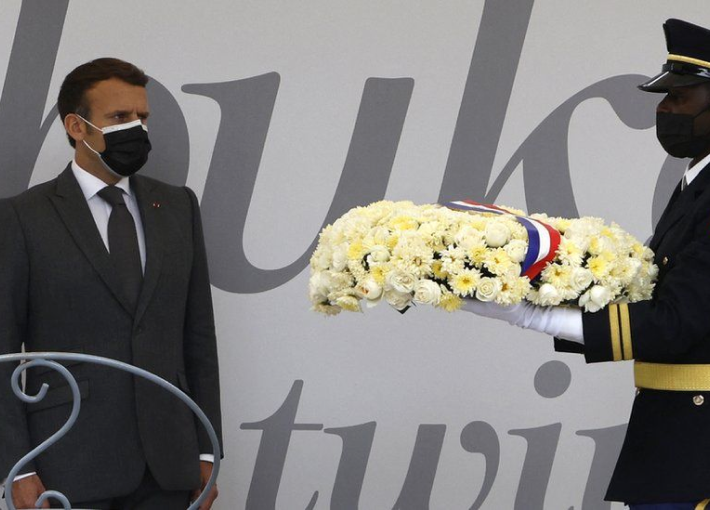
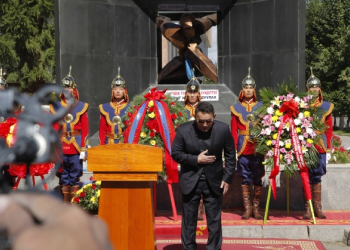
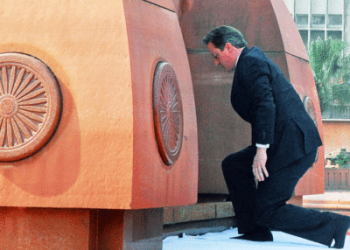
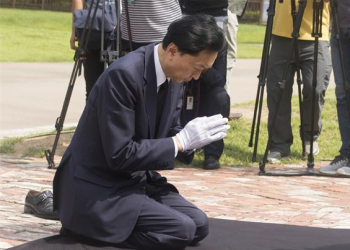
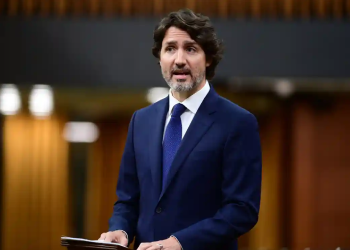
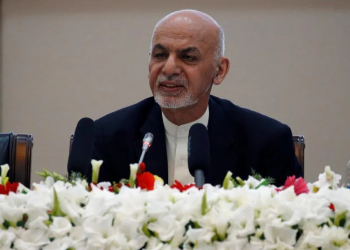
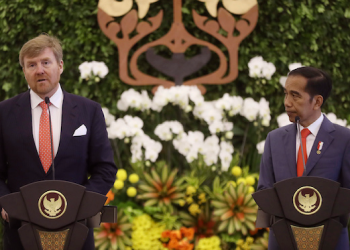
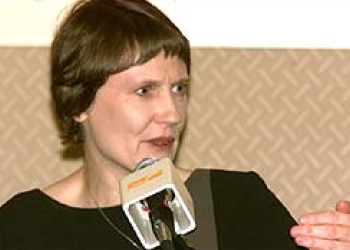
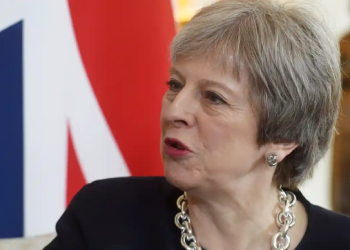
I express my deep remorse.
On December 7, 1970, West German Chancellor Willy Brandt fell to his knees at the Warsaw Ghetto memorial after laying a wreath, which was an unexpected and spontaneous act to deliver German’s apology for Nazi’s doing during World War II.
The famous kneeling, also known as "Kniefall von Warschau", is a historical gesture of political apologies and a worldwide symbol of Germany's reconciliation with Poland. And Willy Brandt was awarded Nobel Peace Prize for this act.
Actually this is just one of those political apologies in recent years...









Political apologies are quite different from personal apologies – they entail a large group of people and even a nation’s collective memory. Apart from that, political apologies are prepared and well-rehearsed before they are delivered on formal occasions.
Political apologies have become more and more common in recent years. On the one hand, a nation uses political apologies to admit wrongdoings, express regrets and ask for forgiveness. On the other hand, they serve as an essential diplomatic strategy to resolve tensions between countries and to achieve future collaborations.
Are We Living in An Age of Apologies?

When do political apologies happen? And when do the number of political apologies start to increase significantly?
We can see that the rise of political apogolies occurs at around 1990 and they continue to prevail after that. So yes, we are living in an age of apologies.
Here is a map of political apologies, which reveals the countries sending apologies.
A large part of apologies happen in Europe and are related to World War II.
Among all the countries, Japan made the most political apologies – 60 times in total.
How about the apology reasons? What mistakes and wrongdoings do those countries apologize for?
While most apologies are always about war througout these years, recently apologies about treatment of minority group are increasing.
Who represents a country to make political apologies?
President, Queen, ambassador... 100% influential political figures. How important are their titles in political apologies?
In what occasions are political apologies made?
Will a political apology made in public speech sound more sincere than in Twitter 🤔?
Nowadays the political apologies are more than we thought...
What makes a good political apology in an age of apologies?
When similar words appear again and agian, do they still sound sincere and touching?
Can political apologies redress jusice? Is justice delayed justice denied?
In those apologies, people always mention that "we would never forget history".
But isn't the political apology itself for better closing an end and then moving on?
After viewing the landscape of political apologies, does this scene feel different to you now?
